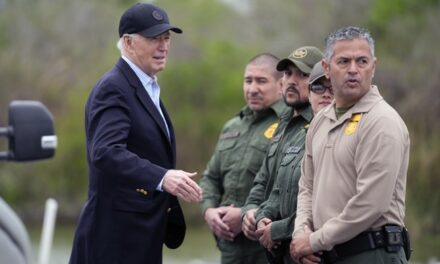We support our Publishers and Content Creators. You can view this story on their website by CLICKING HERE.

Winston Churchill had a family coat of arms. “The Churchill crest is blazoned as a Lion couchant guardant Argent, supporting with its dexter Forepaw a Banner Gules, charged with a dexter Hand appaumée of the first, Staff Or.” The Churchill motto Fiel Pero Desdichado (Spanish for “Faithful but Unfortunate”) is also displayed. It is disturbingly barbaric. But the origins of aristocrats can often be traced back to roles that resemble those of warlords. Maybe somewhere a member of the modern bratva is considering “Fortis Fortuna Adiuvat” for his coat of arms.
Advertisement
Aristocrats, at least in their beginnings, were not always kindly people. The sad reality is that while there were “nice guy” success stories, history is replete with instances of ruthless winners. Napoleon for example came to power by coup, established an empire by force, and may have killed as many as 5 million people in his wars. But Napoleon is venerated by the French.
The question of whether ruthlessness is necessary for survival is an interesting one. Darwin may have thought so, but evidence also suggests that ruthlessness alone is insufficient. Survival also requires cooperation. We not only had to invent the A-bomb but live with it. Virtue, or what might pass for virtue, proved an important factor in survival. Both the ravening aggressor and the passive victim proved unsurvivable. So perhaps the Christian ideal, which appealed to people well acquainted with empires, isn’t such a bad guide. Fight when you must but cooperate when you can. It’s a nod to Darwin yet still a genuflection toward better things.
Going back to Vivek Ramaswamy’s hornet’s nest post on culture and education, it may be worth noting that character formation which often occurs in the family is as important as any analytical training in preparing one to survive life. What does it matter if you get top grades if don’t know enough not to murder people? One can easily search the Internet to find the best places to learn this or that, but where does one go to learn how to do the morally right thing? Yet if you had to choose between knowledge and righteousness, righteousness is often the more important for survival.
Advertisement
Personally, I think there’s an optimal mix of earnestness and levity, grim determination and carelessness, focus and abandon in every society. But sometimes the mixture is off and you have to adjust. We just have to get it back to the right balance. Though I’m grateful for the tutelage of my professors and the books and the code and the math, I was improved by the hazardous and indeed horrifying experience of youth. Not all books but not all hard knocks either. But always in the background were the people who taught us to live.
Perhaps it is no accident that there are still family coats of arms. As an institution the family has been buried by the state but for centuries we knew its worth. Even now that we have nearly forgotten it we remember the epigram “the hand that rocks the cradle rules the world.” It comes from a poem from a little-remembered poet, William Ross Wallace. In part, it goes:
Woman, how divine your mission
Here upon our natal sod!
Keep, oh, keep the young heart open
Always to the breath of God!
All true trophies of the ages
Are from mother-love impearled;
For the hand that rocks the cradle
Is the hand that rules the world.
Down through the centuries, past ice age, flood, pestilence, and war the little woman passed the flame. The family as an institution accomplished what no modern bureaucracy would even attempt. It supplied the ladder up from barbarism. The hand that rocked the cradle built the world.
Advertisement

 Conservative
Conservative  Search
Search Trending
Trending Current News
Current News 







